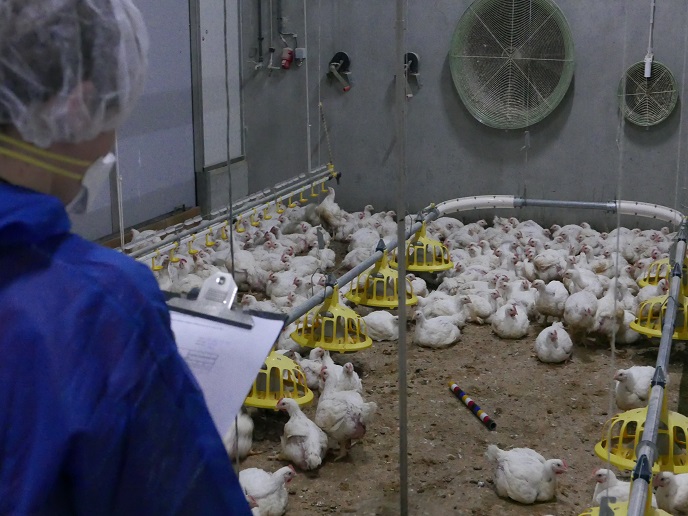Getting to the 'guts' of probiotics
Functional foods have added ingredients to promote health in some way. Probably the most well known example is that of 'friendly' gut bacteria that are marketed as helping to regulate digestion, absorb nutrients and even prevent some diseases. Fermented food such as yogurt and pickled vegetables are common examples of fermented food which claim benefits for gut health. However, evidence of the benefits of probiotics is sometimes limited and people with immune diseases need to take special care when considering the use of gut health additives. The EU-funded 'Innovations and impact of gut health foods: a virtual technology platform' (Gutimpact) project aimed to fill in the gaps associated with probiotic foods for the consumer. A key part of the initiative was to investigate exactly how gut microbes affect human gut health. This knowledge would provide data for an online roadmap to facilitate communication between the public and private sectors and consumers. Gutimpact successfully created a framework to promote networking and knowledge sharing among all key stakeholders including industry, academics and patient groups as well as consumers and their organisations. Accessible at http://www.agronavigator.cz/userfiles/File/Agronavigator/Kvasnickova/gut_1_13.pdf(opens in new window) this document gives details of a workshop held to create a dialogue on scientific needs and support of health claims. Topics discussed included different consumer perspectives regarding health effects and safety of probiotics for both ordinary and ill consumers with Crohn's disease, for example. Conclusions cover needs for gut health foods such as understanding of concepts involved, safety and efficacy. and claims and expectations. Dissemination being crucial, Gutimpact also devoted time at the workshop to discussion on publications through books and science journals. Provision of an information platform on consumer health issues will no doubt maximise the health potential of probiotic foods.







